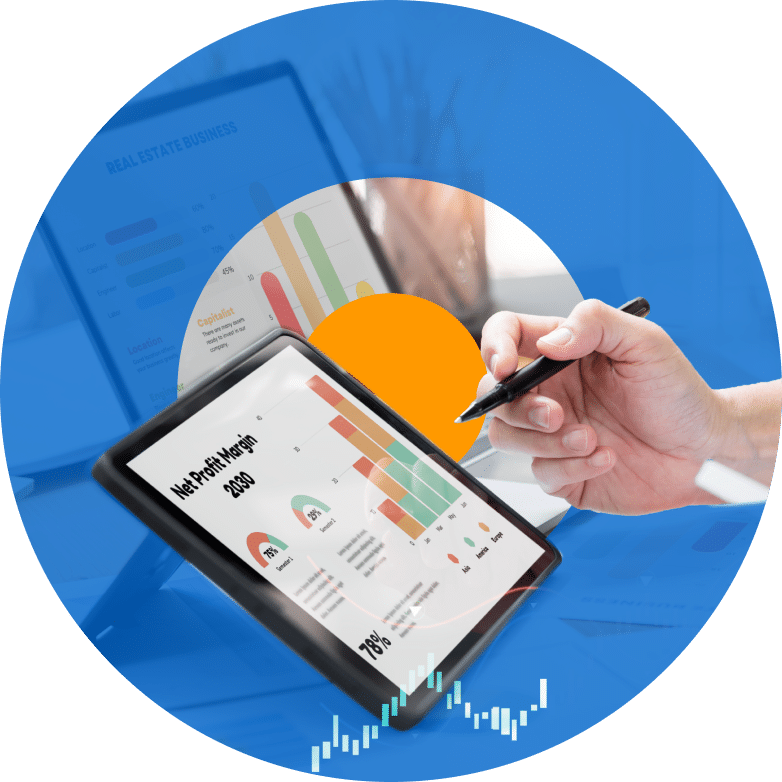 Market Research Agency
Market Research Agency
 Market Research Agency
Market Research Agency



Conducting a qualitative study enables you to:
Our qualitative surveys are carried out by sociologists and consultants who have a great deal of experience in this field. We are experts in the multiple research techniques associated with qualitative studies and can therefore work with you to define and put into place the most appropriate methodology for your project.
We can suggest different methods of data collection depending on your objectives and the type of information to be collected. The principal methods include:
As far as logistics are concerned, we have several venues at our disposal, in Paris and elsewhere, all of which are fitted out with the necessary audio and video equipment.

Conducting a quantitative survey allows you to:
Thanks to our extensive experience in this kind of research we will examine your project requirements and subsequently undertake to run the entire study, including every part of the methodology, such as:
These detailed results combined with analyses that explain and elucidate their meaning, create a research report that will provide you with precise answers to the questions you asked.
